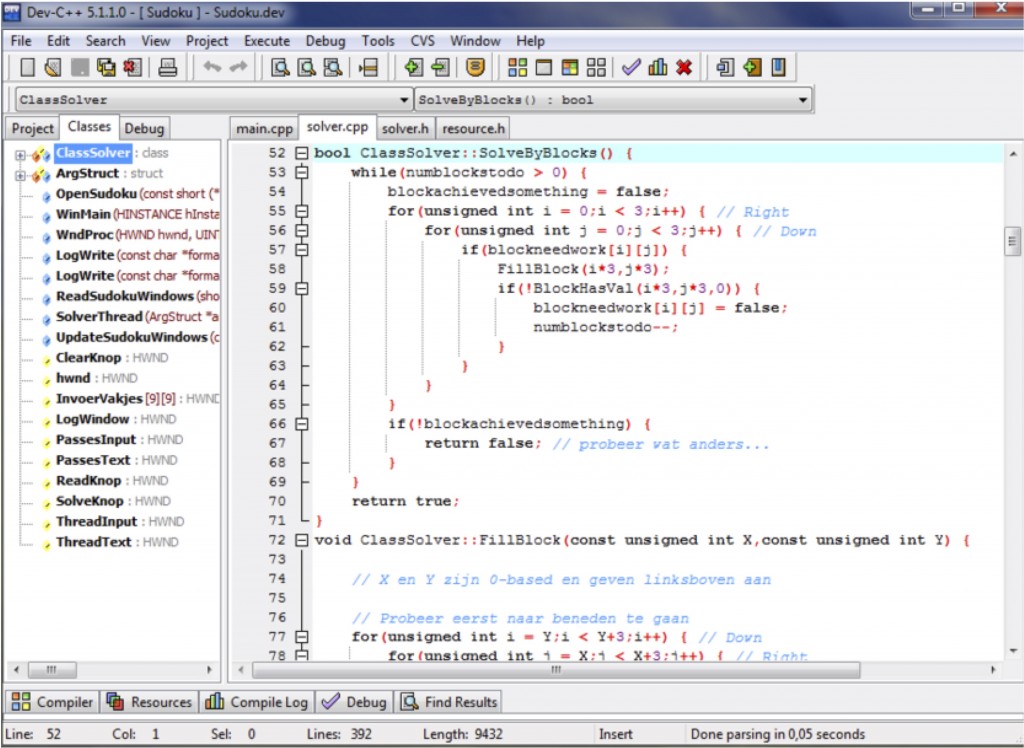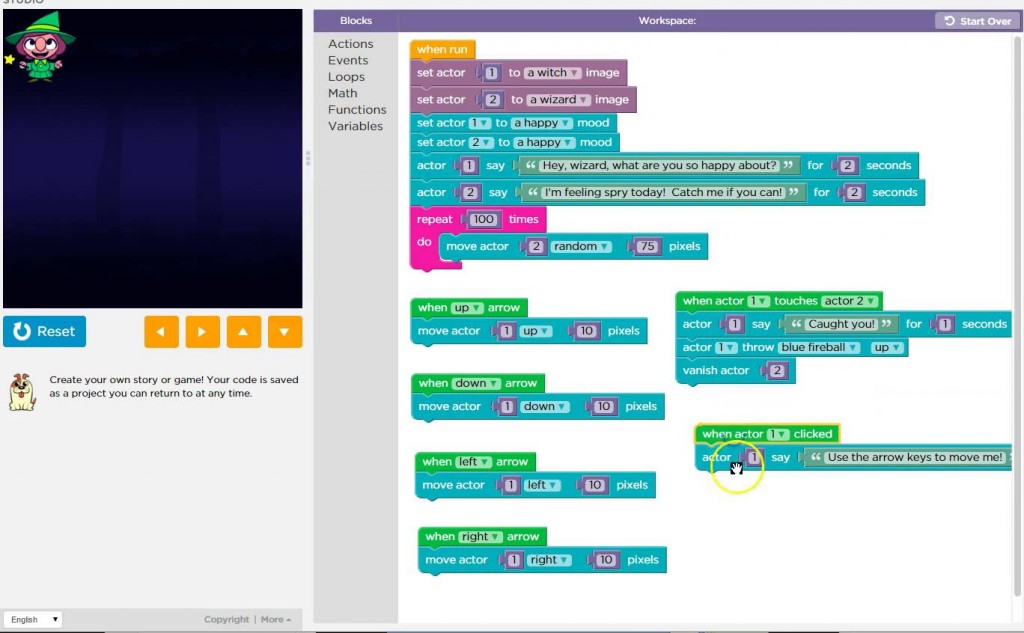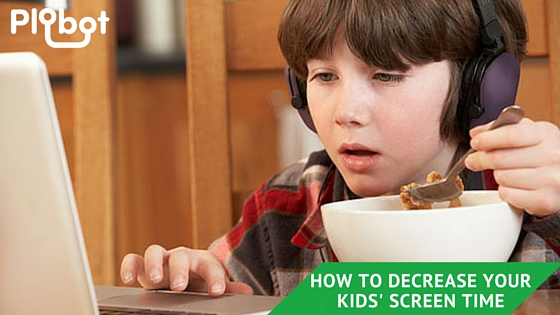This post was inspired by the Learn to Code article on Parenting.com.tw.
Programming looks scary! Is it even something kids can learn?
We hear all these terms – C++, Java, Object oriented programming, Resource allocation… words that sound like some sort of alien language.
If your math is not good, can you still learn it?
Looks fun, doesn’t it?
Here’s what Code.org founder Hadi Partovi recommends to coding newbies:
“When you’re learning a language, always start with the visual tools.”
The picture you see above is Code Studio by Code.org. As you can see, it uses visual blocks to write programs. These ‘drag and drop’ tools enable learners to quickly pick up the logic behind programming. Each block represents a different function, turning programming into a puzzle with each block building on top of the other.
Newbies can learn the fundamentals of coding like loops and conditionals. Instead of spending so much time memorizing all the syntax, they can simply connect the blocks. It lowers the barriers to entry for programming, and makes it more fun for beginners who are just trying to understand the principles and concepts behind the language of code.
Plobot is an educational toy robot designed around these principles – making coding fun and accessible to everyone. Check it out here.



